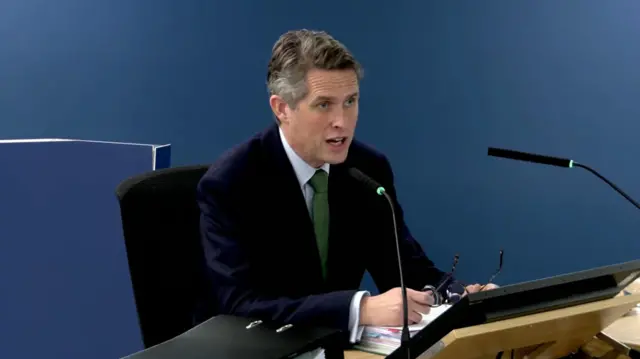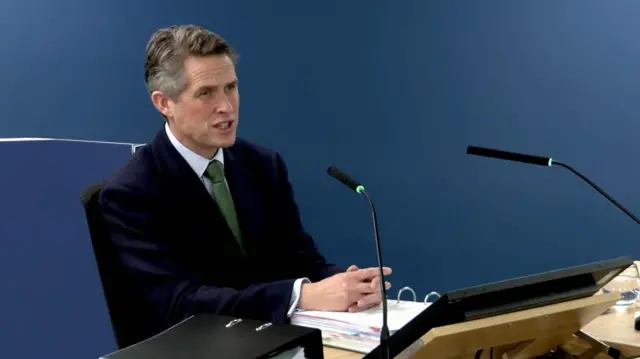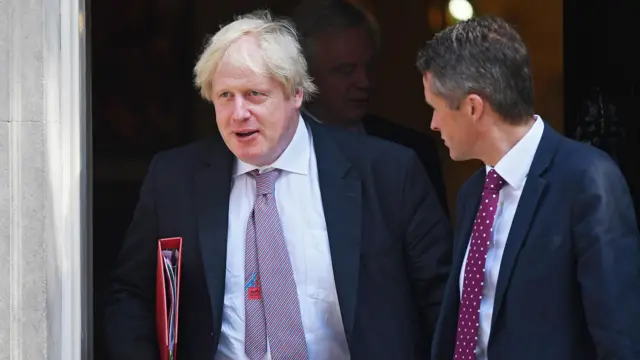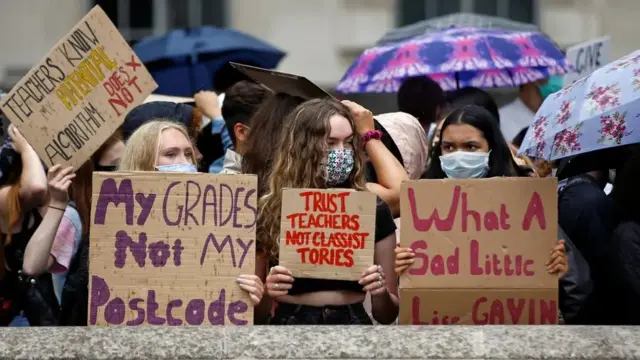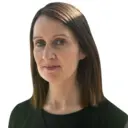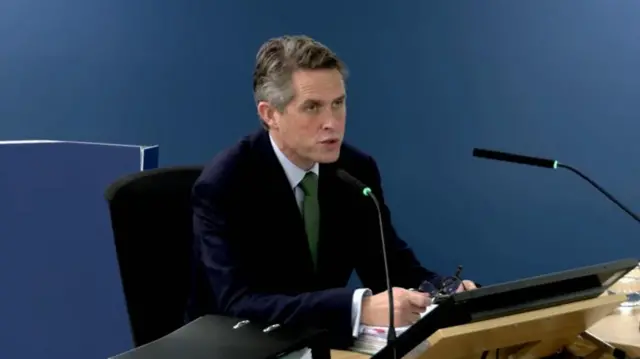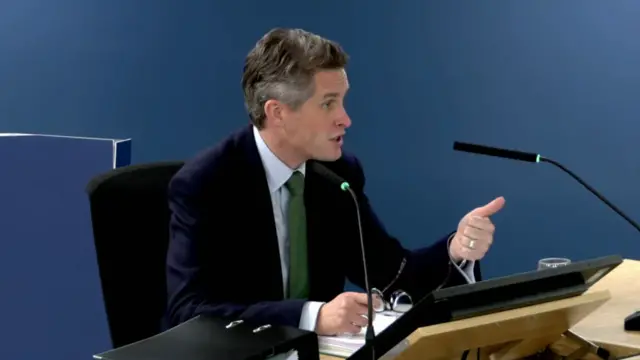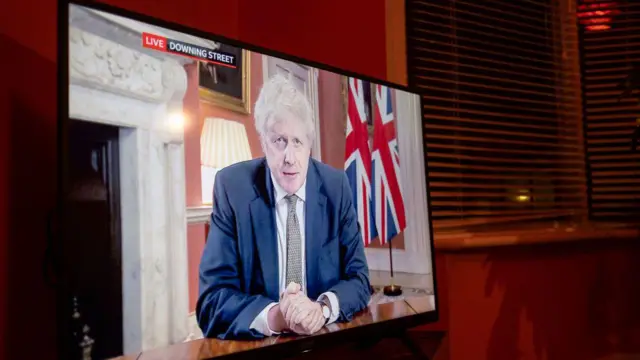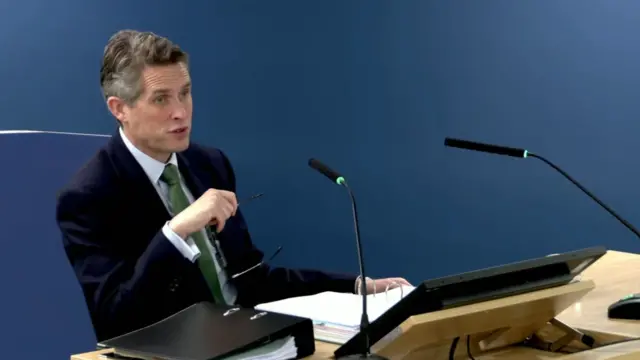Former education secretary expresses regret over school Covid policy - a recappublished at 15:52 BST 14 October
Now in its eighth module, the long-running Covid inquiry has turned its attention the impact of the pandemic on children and young people.
Today, Gavin Williamson - who headed was education secretary during the pandemic - has been answering some of the inquiry's questions. Here's what he said:
- "The key thrust" of government policy was to keep schools open, in early Spring of 2020, Williamson said, adding that his department lacked the autonomy to prepare for school closures without Downing Street approval
- Williamson also expressed regret that schools were not closed sooner
- The government paper on school closures was commissioned and drafted the night before Boris Johnson - then prime minister - announced schools were to close for the first time on 18 March 2020, Williamson confirmed
- Johnson gave schools "a false sense of hope", Williamson said, when he announced in May 2020 that schools could reopen - Williamson pointed to the impossibility of meeting social distancing requirements
- When schools reopened again in September 2020, a "fallback" plan in the case of another national lockdown was kept secret from schools, because the government worried it would give them an "excuse not to open in September", according to government papers
- And a model used to calculate students' grades in the summer of 2020 - when exams were cancelled - was "quite clearly wrong", Williamson said, and the department "always understood that there were some students who wouldn't get the grades they deserve"
We're ending our live coverage here now. But the inquiry is continuing to hear more evidence today - you can keep following along by pressing watch live at the top of the page.
